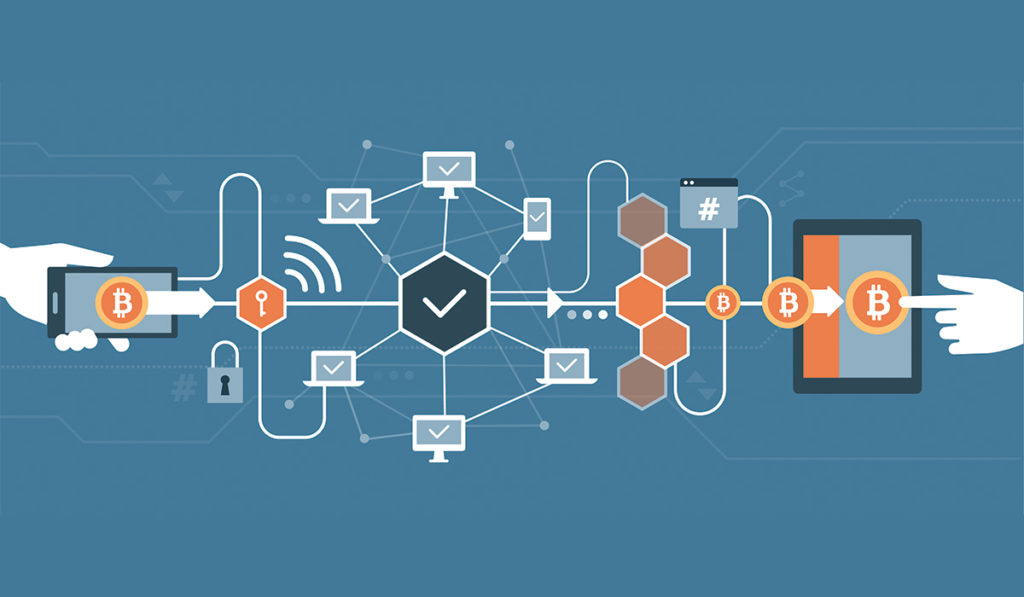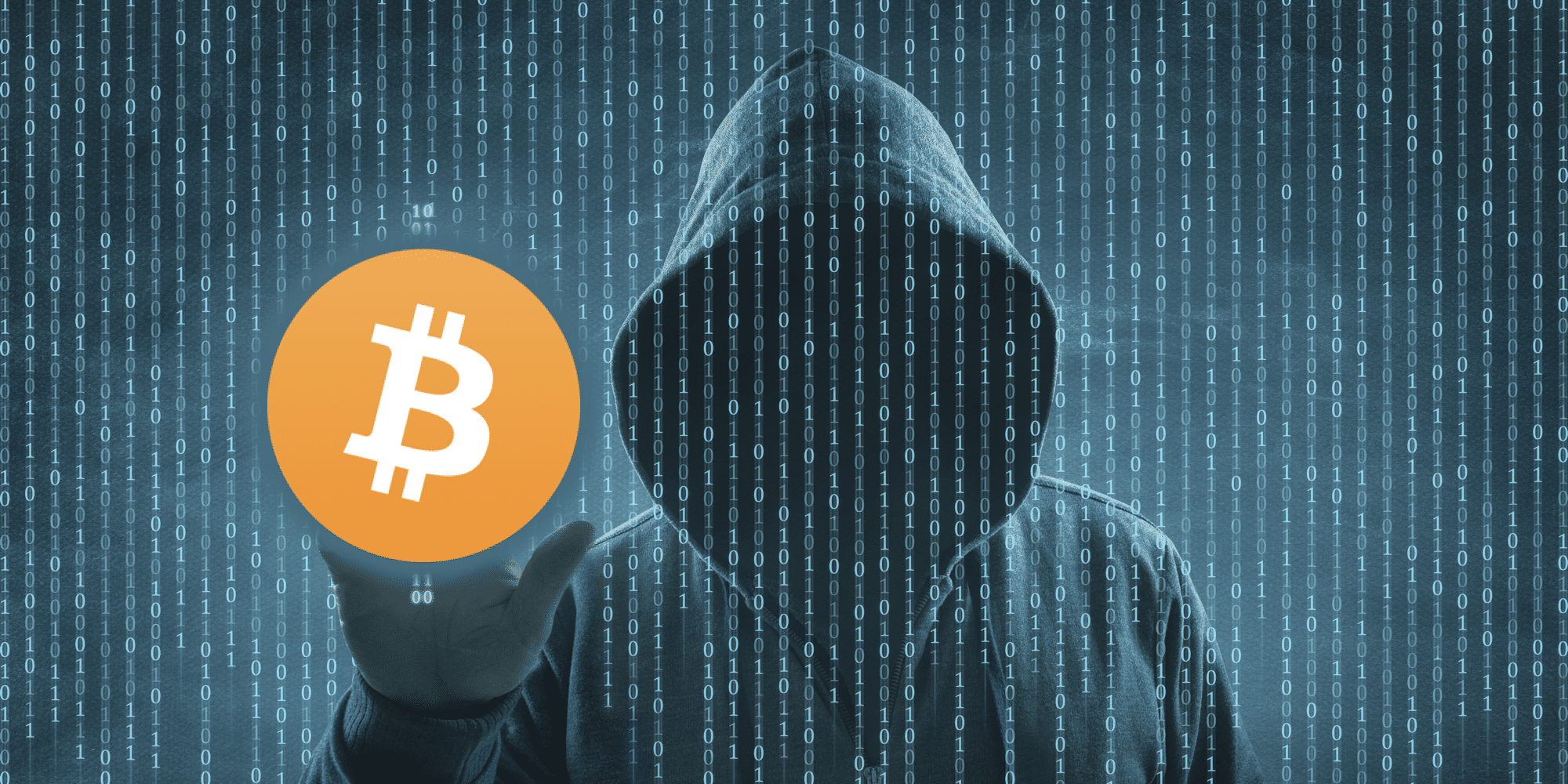How do I Secure my Crypto Holdings Against Hacks
we will explore the various strategies and best practices to secure your crypto holdings effectively against hacks, theft, and other threats.

Cryptocurrencies have emerged as a revolutionary form of digital wealth, offering unparalleled security and control over your financial assets. However, with great power comes great responsibility. The decentralized nature of cryptocurrencies means that you are solely responsible for safeguarding your holdings. In this comprehensive guide, we will explore the various strategies and best practices to secure your crypto holdings effectively against hacks, theft, and other threats.
The Need for Crypto Holdings Security
The Rise of Crypto Holdings
Cryptocurrency has revolutionized the financial world by offering individuals unprecedented control over their money. With cryptocurrencies like Bitcoin and Ethereum, you become your bank, free from the constraints and fees of traditional banking systems. However, this newfound freedom comes with the responsibility to secure your crypto holdings.
The Importance of Security Crypto Holdings
The security of your crypto holdings is of paramount importance. The decentralized and irreversible nature of cryptocurrency transactions means that once your assets are gone, they are gone forever. It's crucial to understand the threats you face and the best practices to protect your digital wealth.
Understanding the Crypto Holdings Threat Landscape
Types of Crypto Threats Crypto Holdings
Various threats can jeopardize your crypto holdings, including:
- Hacks and Breaches: Unauthorized access to your wallet or exchange accounts.
- Phishing Scams: Fraudulent attempts to trick you into revealing your private keys or passwords.
- Malware and Viruses: Malicious software that can compromise your device's security.
- Social Engineering: Manipulative tactics used to deceive individuals into revealing sensitive information.
High-Profile Hacks
High-profile cryptocurrency hacks, such as the Mt. Gox and Bitfinex incidents, have resulted in substantial losses for investors. These events serve as stark reminders of the importance of crypto security.
Choosing Secure Cryptocurrency Storage
Hot Wallets vs. Cold Wallets
- Hot Wallets: These are online wallets connected to the internet and are more convenient for everyday transactions but are potentially vulnerable to hacks.
- Cold Wallets: These are offline wallets, such as hardware wallets or paper wallets, that are not connected to the internet, offering greater security but less convenience.
Types of Wallets
- Software Wallets: Wallets that run as applications on your computer or mobile device.
- Hardware Wallets: Physical devices designed solely for storing cryptocurrencies.
- Paper Wallets: Physical documents containing your public and private keys.
Hardware Wallets
Hardware wallets, like Ledger Nano S or Trezor, are widely regarded as the most secure option for storing cryptocurrencies long-term. They offer robust protection against hacks and malware.
Paper Wallets
Paper wallets involve printing your private keys and public addresses on a physical piece of paper. While secure, they require careful handling to prevent loss or damage.
Creating Strong and Secure Passwords
Password Best Practices
- Use complex and unique passwords for each wallet or exchange account.
- Avoid using easily guessable information like birthdays or common words.
- Consider using a password manager to generate and store strong passwords securely.
Two-Factor Authentication (2FA) Crypto Holdings
Enabling 2FA adds an extra layer of security by requiring a second verification step, often through a mobile app or text message, in addition to your password.
Protecting Your Private Keys
What Are Private Keys?
Private keys are cryptographic keys that grant access to your cryptocurrency holdings. Protecting them is crucial.
Secure Storage
Store your private keys securely, preferably in a hardware wallet or a physically secure location, such as a safe or safety deposit box.
Backups and Recovery Seeds
Create backups of your private keys or recovery seeds (a series of words that can be used to recover your wallet). Store these backups separately from your wallet to prevent loss.
Using Secure Networks and Crypto Holdings
Public Wi-Fi Risks
Avoid using public Wi-Fi networks for cryptocurrency transactions, as they may expose your data to potential eavesdroppers.
Keeping Your Devices Secure Crypto Holdings
- Keep your devices updated with the latest security patches.
- Use strong, unique passwords for your devices.
- Install reputable antivirus and anti-malware software.
Avoiding Phishing Scams and Social Engineering
Recognizing Phishing Attempts
Be cautious of unsolicited emails or messages requesting your private keys or login credentials. Always verify the legitimacy of the sender.
Protecting Personal Information
Avoid oversharing personal information online, as malicious actors can use it for social engineering attacks.
Keeping Your Software Updated Crypto Holdings
Wallet Software Updates
Keep your wallet software up to date to benefit from security improvements and bug fixes.
Operating System and Antivirus Updates
Regularly update your operating system and antivirus software to protect against potential vulnerabilities.
Diversifying and Hiding Your Holdings
Not Putting All Eggs in One Basket
Diversify your crypto holdings across different wallets and assets to reduce risk.
Privacy Coins and Techniques
Consider using privacy coins or techniques like coin mixing to obfuscate the origins of your transactions.
Monitoring Your Holdings
Real-time Alerts
Set up real-time alerts for your wallet or exchange accounts to receive notifications of any suspicious activity.
Regular Checkups Crypto Holdings
Regularly review your wallet and exchange account activity to ensure no unauthorized transactions have occurred.
Security in a Decentralized World Crypto Holdings
The Role of Decentralization
Cryptocurrency's decentralized nature means you have full control over your holdings. However, this also means you bear sole responsibility for security.
DeFi Security Considerations
If you participate in decentralized finance (DeFi) activities, be aware of the unique security challenges and risks associated with this rapidly evolving space.
Recovering from a Hack
Steps to Take Crypto Holdings
If you fall victim to a hack, take immediate action, including reporting the incident to the appropriate authorities and platforms. Depending on the situation, you may be able to recover some or all of your assets.
Learning from Mistakes
Use a hack or security breach as an opportunity to learn and improve your security practices for the future.
Educating Yourself and Staying Informed Crypto Holdings
The Evolving Crypto Landscape
Stay informed about the latest developments in the cryptocurrency space, including security threats and best practices.
Learning Resources
Utilize educational resources, forums, and communities to expand your knowledge of crypto security.
Protecting Your Digital Fortunes
Securing your crypto holdings is a continuous process that requires diligence and awareness. By following best practices, using secure wallets, protecting your private keys, and staying informed, you can significantly reduce the risk of falling victim to hacks and other security threats. As the crypto landscape continues to evolve, your commitment to security will play a vital role in safeguarding your digital fortunes for the future.
What's Your Reaction?
















